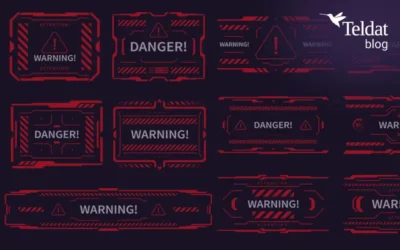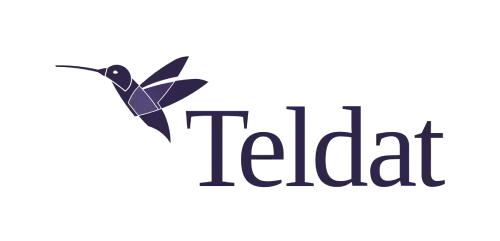 Or, is there? Had you ever thought about it? Is it important? Maybe not, but I bet you that a vast majority of us have at least lived a moment in which we have strongly wished the alphabetical list by which we were being called was in a different order. Or that our surname began with a different letter, which is more or less the same.
Or, is there? Had you ever thought about it? Is it important? Maybe not, but I bet you that a vast majority of us have at least lived a moment in which we have strongly wished the alphabetical list by which we were being called was in a different order. Or that our surname began with a different letter, which is more or less the same.
As in this example, there are a lot of things in our everyday life which we do for unknown reasons, or even worse for reasons which might not be the most adequate. In the first case, it is clear that humans are routine animals which tend to standardize a behaviour, with which they feel comfortable, and then they stick to it. After all, this seems to be the most efficient model and due to our lack of time and multiple occupations, it might make sense (or at least, we convince ourselves that it does).
The second case is more complicated, because sometimes thinking outside the box, or defending a different position, requires even extra effort, time and sometimes personal engagement. Thus, sometimes we forget the reasons behind the true objective in favor of others, equally valid but with less impact in what we should be achieving.
This happens every day and to every one of us. Why we all keep checking emails at off-hours, when nothing (besides spam) is expected? Because it is our normal routine behaviour. Even though we have a strong commitment to “this time we definitely get in shape”, why do we remain sitting on our sofas instead of rushing to the Gym? Because we are able to find millions of “valid” reasons that prevent us from reaching our objective in the best ever possible way. Instead, we would rather end in a more comfortable and less effortless position.
The consequences of making thoughtless decisions in ICT environments
These, are examples taken from our real life, and have no greater impact on other people or organizations other than ourselves. But the real problem comes when we take the same behaviour model to our professional life. Here, and specially in the ICT area, which is the platform upon which company processes are built, every decision has a direct impact on people’s performance, on organization effectiveness and on the business bottom line.
Honestly, think for a minute: How many ICT purchase projects are influenced by some behaviours that might lead to a second-best solution for our project? Of course, time and resources are a big issue here, so sometimes we (all) tend to go for the most recognized manufacturers, or to the sales guy which is constantly pressing to get a deal, or to the solution that makes us safer (because that is what everybody does and so, I will not be blamed if it fails), or simply to the one that we are most comfortable with.
Maybe in this way we are losing opportunities to change, to innovate, to improve and to find solutions that better solve the organizations. There are lots of not-so-big companies with excellent technology and superb customer support that due to their size and flexibility can provide specific solutions that address the explicit needs of different sectors. In most cases general purpose vendors with a one-size-fits-all business model, can´t afford to deliver too small functional details and so, the organization ends up lacking a solution that saves them worries, time and money, with the due impact on the business bottom line.
Specific solutions adjusted to specific routing needs
Of course all this effort, is not for free. This requires tests, time, dedication, and also assuming a bit of risk. But if it works, the results are excellent and a huge value is delivered to the companies. We know every step of it because we have seen it happen in almost every customer that we have around the world. From the disbelief, to the skepticism, to the surprise, to the utmost loyalty for years.
So we know how to help any organization to eventually get the (really) best solutions for their routing needs.
Coming back to our alphabet title. Has somebody figured out how to avoid the problem of those whose surname began with letter A B or C, always being the first in the line. The solution was so simple, as to draw out which would be the first letter to begin with. This proves that it is possible, and easier than one might think to change the established order. We have been doing it for a long time, and we can help you decide if for your routing needs, maybe T would be the first to consider, rather than A. Or B. Or, as usually happens, C.


























